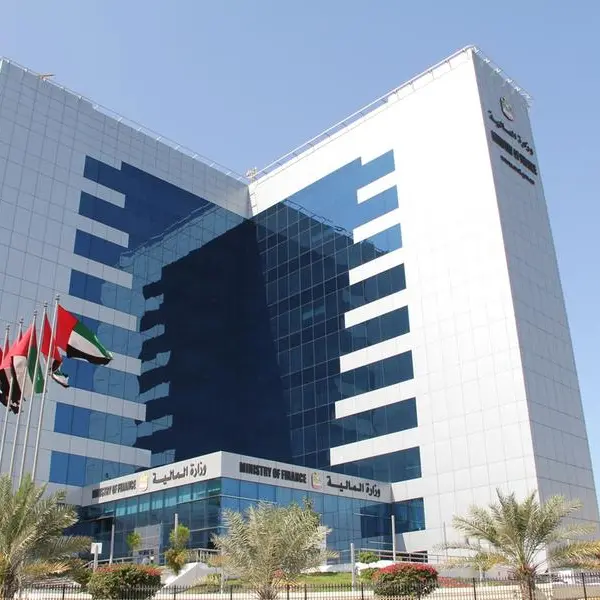More UAE consumers intend to save, spend less on out of home entertainment
Dubai: UAE consumers are generally more optimistic about the economy than the rest of the Middle East region, but the number of people feeling that their country is in a recession has increased.
Sentiment about employment opportunities and job prospects is on a decline, along with consumers' willingness to open their wallets. There are also more UAE residents who are now trying to save and invest their money, and spend less on out of home entertainment.
These are the findings in Nielsen's latest Global Survey of Consumer Confidence and Spending Intentions, which was conducted between February 23 and March 13 this year among more than 30,000 respondents around the world.
Analysts said the recent slowdown in economic growth has been interpreted by many consumers as a recession.
Moody's has predicted that the drop in oil prices will likely cause Abu Dhabi's economic growth to slow down this year. The International Monetary Fund (IMF) had earlier lowered the growth prediction for the UAE to 3.5 per cent in 2015, down one percentage point from its October forecast.
Moody's, however, said that Abu Dhabi will likely weather the impact of lower oil revenues because it has sizeable stock of foreign assets.
Nielsen's research showed that the number of UAE consumers who believe they are in a recession increased to 39 per cent in the first quarter of the year, compared to 36 per cent in the previous quarter and 33 per cent a year earlier.
Sentiment about job prospects and immediate spending intentions declined five percentage points to 66 per cent and one percentage point to 50 per cent, respectively.
"The GDP growth has slowed down in comparison to the last year. Hence, companies and consumers don't anticipate the same growth levels. Consumers who are used to high growth rates are perceiving this lower rate as recession," Arslan Ashraf, managing director of Nielsen Arabian Peninsula, told Gulf News.
"The softening of tourism and real estate sectors curtailed the ability of the government to start mega projects which is also dampening the job prospects of UAE consumers," he added.
Alp Eke, director and senior economist at National Bank of Abu Dhabi's economic department, said the UAE is "definitely not in recession". " The downgrade by IMF does reflect the new market dynamics," Eke told Gulf News.
Eke said a country is in recession when it registers "two consecutive quarters of negative economic growth" as measured by its GDP, which is not happening in UAE at the moment.
Nielsen's survey, however, showed that the consumer confidence index for UAE is still the highest in the Middle East and Africa region, increasing marginally by one point to 115 in the first quarter, compared to the fourth quarter of 2014 and a year ago.
Confidence also increased five points in Saudi Arabia to 107 and one point in Pakistan to 102, while consumer sentiment dropped one point in South Africa to 87 and remained steady in Egypt at 90.
Ashraf said the UAE government's ability to push through with its development agenda amid falling oil prices has somehow kept overall consumer morale up.
Consumer sentiment about personal finances increased three percentage points to 67 per cent from fourth quarter 2014.
UAE residents, however, showed mixed feelings about discretionary expenditures. While the number of consumers planning to spend on holidays/vacations (28 per cent), new clothes (25 per cent), credit card and debt payments (24 per cent) has increased, fewer people intend to spend their money on out of home entertainment (16 per cent) and home improvements or decorations (14 per cent).
UAE consumers are getting more conscious about having enough money to dip into in the future, with saving intentions showing a slight increase of one percentage point each for investing in stocks and mutual funds (13 per cent) and one percentage point for retirement savings (12 per cent) from fourth quarter 2014.
More than half of UAE residents said they plan to put their spare cash in the bank (53 per cent), an increase of three percentage points from the previous quarter, while 11 per cent said they had no spare cash, down from 14 per cent the previous quarter.
© Gulf News 2015




















